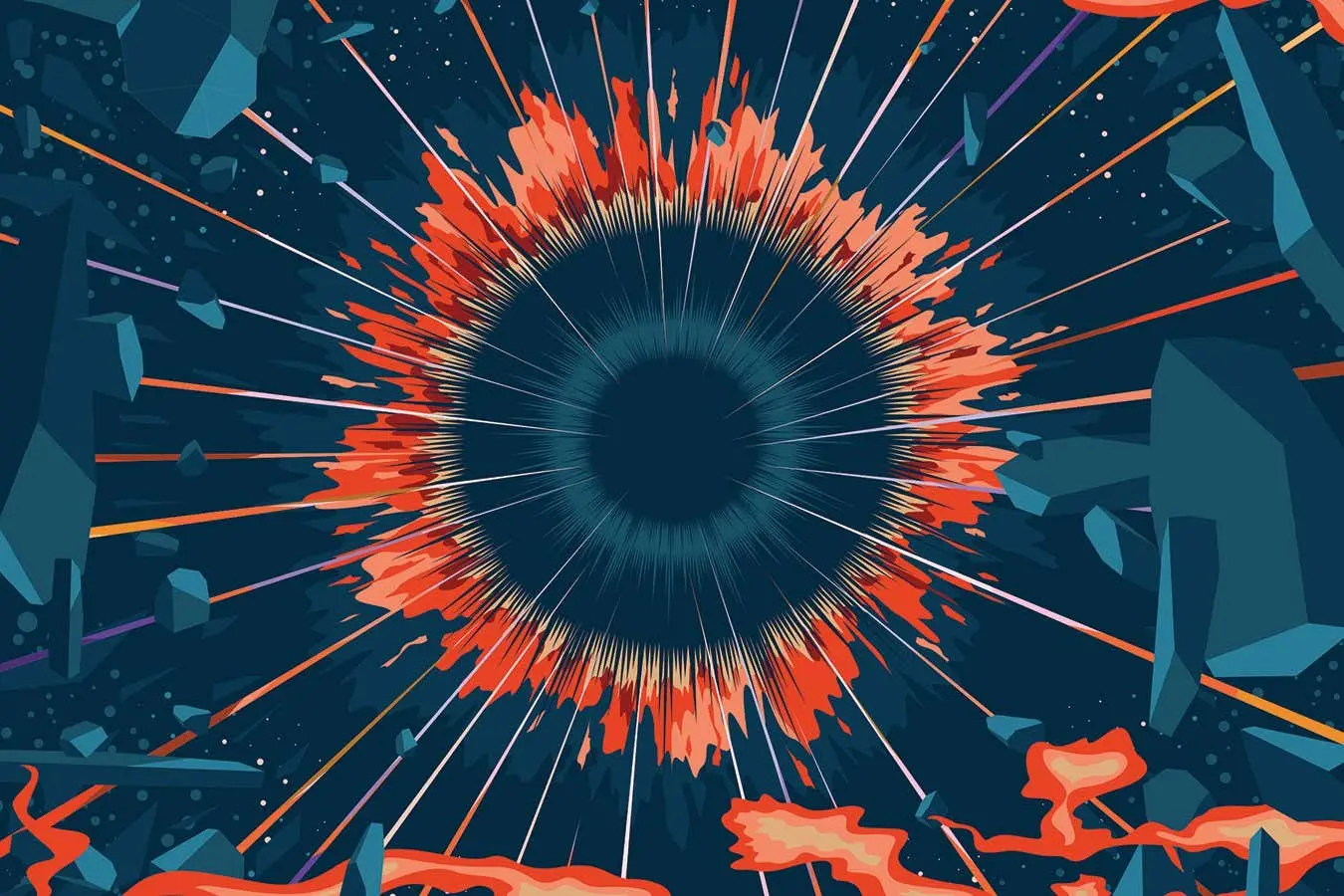By mulling over colliding bubbles on a cosmological scale, physicists are finding cause for speculation about fresh sparks of cosmic creation. It is possible, they say, that in the weeks after the big bang there was a second, similarly profound moment of transformation. This one may have spawned monstrous shadow particles trillions of times the mass of those that make up normal matter and could make sense of the mysterious, invisible matter that seems to hold galaxies together. As outlandish as it might sound, the concept of a “dark” big bang is broadly in line with a quiet revolution that is already under way, as cosmologists rewrite what we think of as the standard big bang to account for multiple distinct “phase transitions”, each leaving its mark on the cosmos. What’s more, we now have the tools to test this idea by peering into the universe’s earliest moments and untangling the faint ripples produced by these profound primordial shifts. Archive link: https://archive.li/YH6tl
Sadly archive.li seems to be in a broken CAPTCHA loop, so I can’t see the full article. However, I’m struggling to imagine a fundamental universe-spanning interaction that triggers weeks after the big bang, given that the universe has already expanded/cooled enough by 20 minutes to stop fusing nuclei. If there is evidence for a Dark Matter big bang for weeks after the Matter big bang, surely this must have some extreme implications about the possible mass range of DM particles?
One thing nobody seems to be talking about: Just like String Theory, the more new phenomena are needed to make the Dark Matter model work, the further we stray from the edge of Occam’s Razor. While all the research into detecting hypothetical particles has been fun to follow, I can’t help but feel we’re just a few equations away from discovering that the universe is actually pretty MONDane.
Check out this link. It is a link to the study referenced in the article. It talks about this dark big bang concept and the range of hypothesised particles https://arxiv.org/abs/2302.11579
Thanks! That’s a well-written paper. I don’t know why I keep falling for science journalism’s simplified explanations.
I’ve so-far only skimmed it, but to answer my question they find light dark matter to be the simplest case (I didn’t see a specific range, but they used 250keV as an example), but they also considered a scenario where “dark-zillas” (mass >> 10^10 GeV) are plausible. At least that still narrows the search space a bit 😅
And speaking of crappy science journalism, this paper was not linked or referenced properly in the article. I did a search on dark big bang and this was the 2nd or 3rd result.


